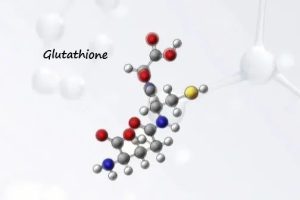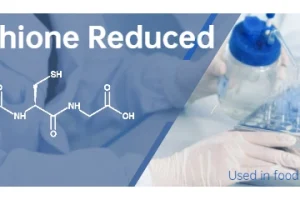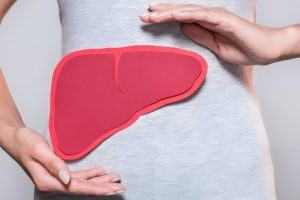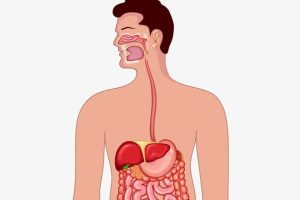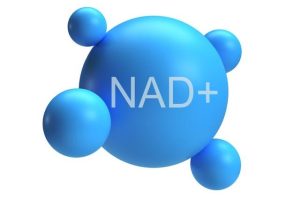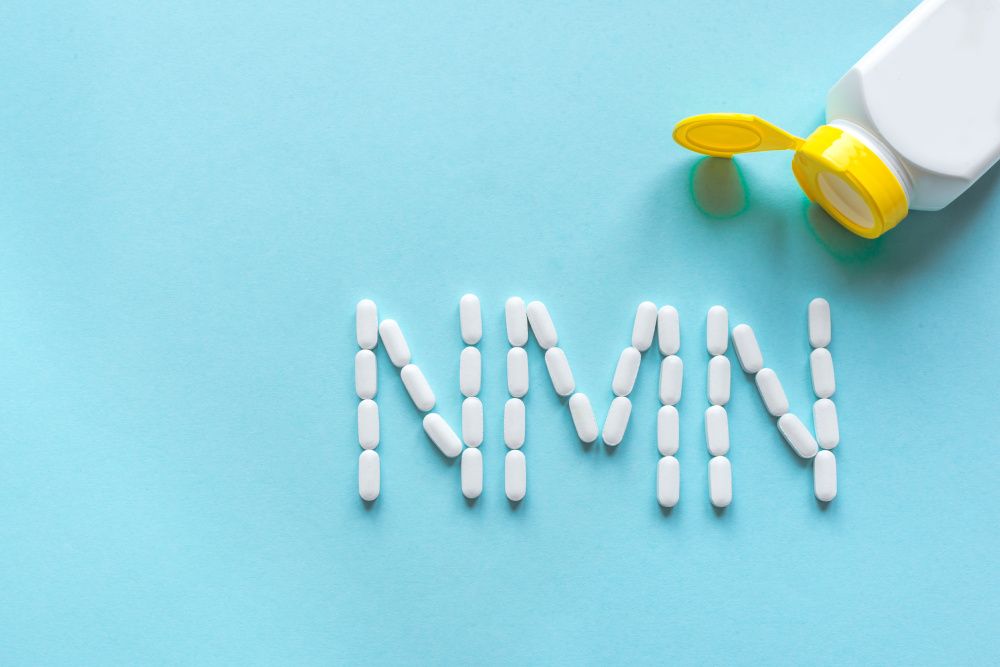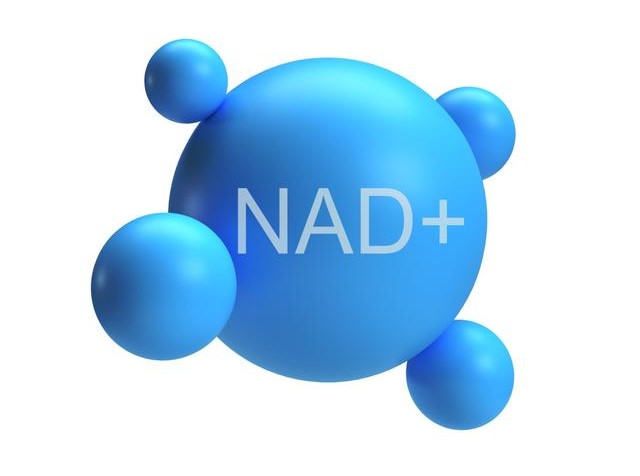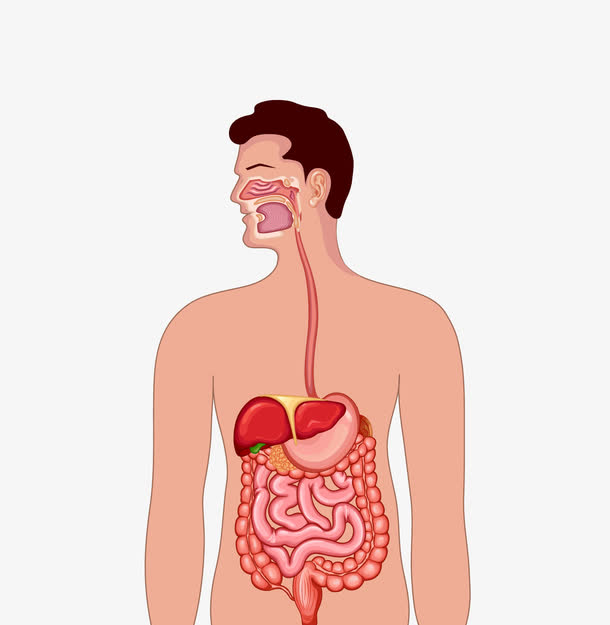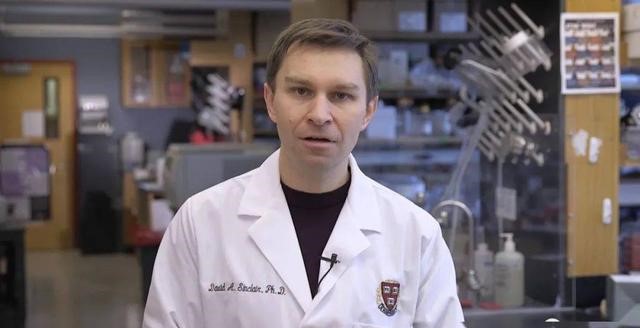Introduction
- What is NMN and how does it relate to NAD+?
- What are the potential benefits of NMN for health and aging?
- How to take NMN supplements and what are the possible side effects?
- NMN: How This Supplement Can Boost Your NAD+ Levels and Improve Your Health
- NMN: A NAD+ Precursor That Can Enhance Your Energy, Brain, and Heart Health
- What Is NMN and Why Is It Important for NAD+ and Longevity?
NMN: A Promising Supplement for Health and Longevity
NMN, which stands for nicotinamide mononucleotide, is a molecule that has attracted a lot of attention in recent years for its potential benefits for health and longevity. NMN is a precursor to NAD+, a compound that is essential for many cellular processes, such as energy metabolism, DNA repair, gene expression, and cellular stress responses. NAD+ levels naturally decline with age, which may contribute to various age-related diseases and impairments. Supplementing with NMN may help increase NAD+ levels in the body and support various aspects of health and wellness, such as physical performance, brain function, heart health, and more. In this article, we will explore what NMN is and how it relates to NAD+, what are the potential benefits of NMN for health and aging, how to take NMN supplements and what are the possible side effects, and what are the current limitations and future directions of NMN benefits research.
What is NMN and how does it relate to NAD+?
NMN is a type of molecule called a nucleotide, which is composed of a nitrogenous base, a sugar, and a phosphate group. Nucleotides are the building blocks of DNA and RNA, which store and transmit genetic information. NMN is also a precursor to NAD+, which means that it is used by the body to produce NAD+. NAD+ is another type of nucleotide that acts as a coenzyme, which is a compound that helps enzymes perform their functions. Enzymes are proteins that catalyze various biochemical reactions in the body.
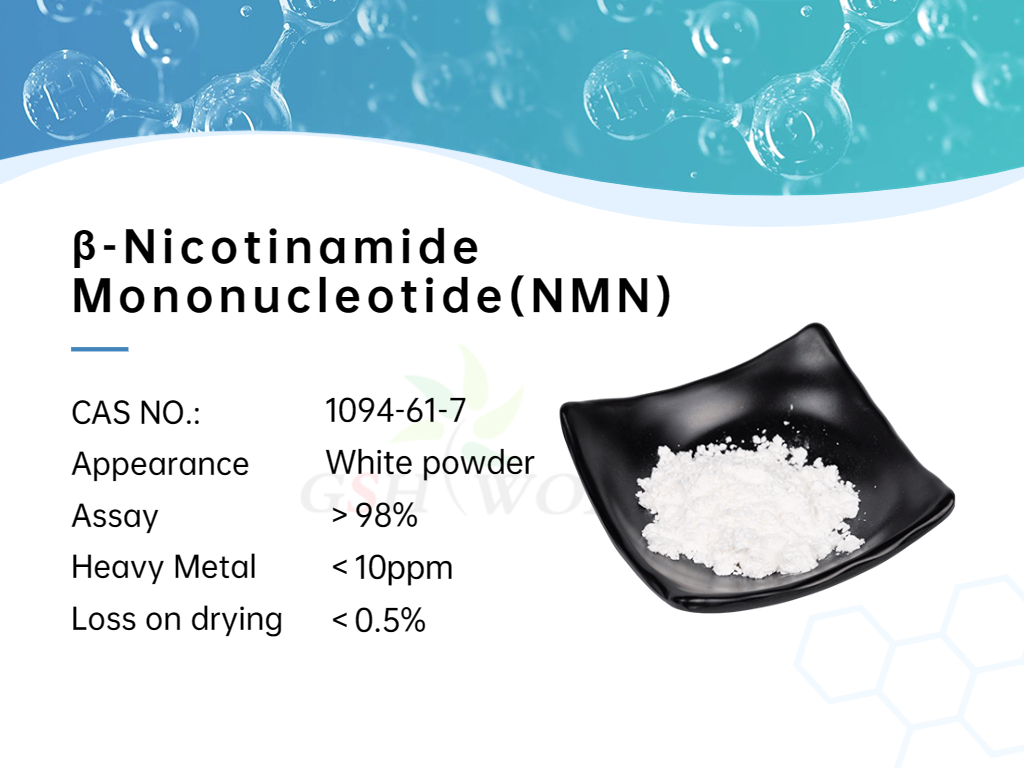
NAD+ plays a vital role in many cellular processes that are essential for health and longevity. Some of these processes include:
Energy metabolism: NAD+ is involved in the breakdown of glucose, fatty acids, and amino acids to produce energy in the form of ATP (adenosine triphosphate). ATP is the main energy currency of the cell and powers various cellular activities.
DNA repair: NAD+ is required for the activation of enzymes that repair DNA damage caused by oxidative stress, radiation, or other factors. DNA damage can lead to mutations, genomic instability, and cellular senescence (aging).
Gene expression: NAD+ regulates the activity of proteins called sirtuins, which modulate the expression of genes that are involved in aging, metabolism, inflammation, stress resistance, and more. Sirtuins can also influence the activity of other proteins that affect gene expression, such as histones (which package DNA) and transcription factors (which control gene transcription).
Cellular stress responses: NAD+ activates enzymes that sense and respond to various types of cellular stress, such as oxidative stress, inflammation, DNA damage, nutrient deprivation, or infection. These enzymes can trigger protective mechanisms that enhance cellular survival and adaptation.
The amount of NAD+ available in the body depends on the balance between its synthesis and consumption. The body can synthesize NAD+ from various precursors, such as tryptophan (an amino acid), nicotinic acid (vitamin B3), nicotinamide (a form of vitamin B3), nicotinamide riboside (NR), or nicotinamide mononucleotide (NMN). The body can also recycle NAD+ from its oxidized form (NAD+) or its reduced form (NADH) using enzymes called NAD kinases and NAD glycohydrolases.
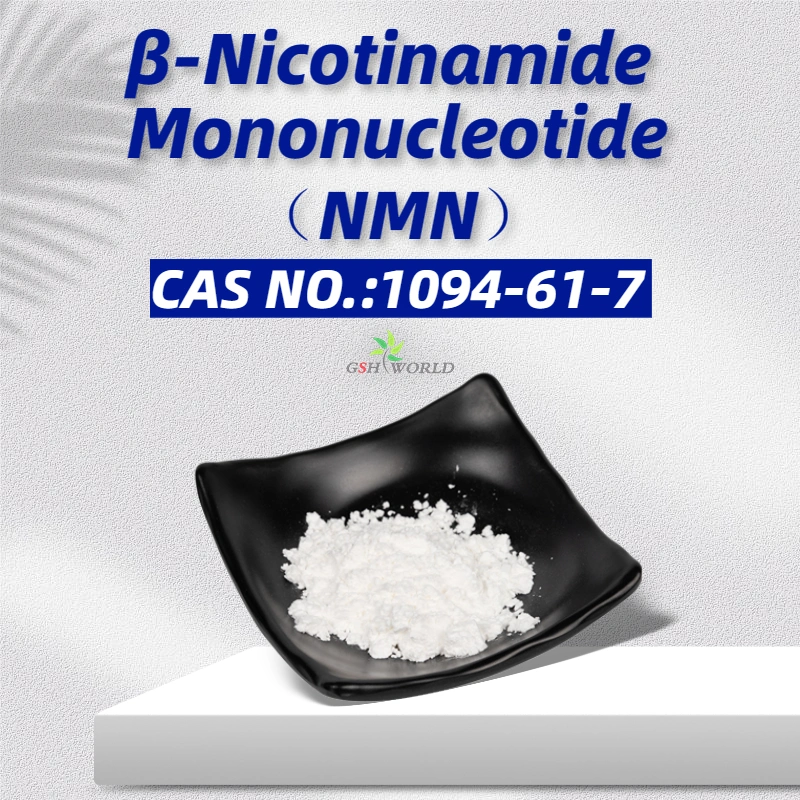
However, the synthesis and recycling of NAD+ may not be sufficient to meet the demand for this important compound. The body consumes NAD+ through various enzymatic reactions that use it as a substrate or a cofactor. Some of these reactions include:
Poly(ADP-ribose) polymerase (PARP) activity: PARP is an enzyme that uses NAD+ to add poly(ADP-ribose) chains to proteins involved in DNA repair, gene expression, and cellular signaling. PARP activity increases in response to DNA damage or inflammation, which can deplete NAD+ levels rapidly.
Sirtuin activity: Sirtuins are a family of proteins that use NAD+ to remove acetyl groups from proteins involved in metabolism, stress resistance, and longevity. Sirtuin activity increases in response to calorie restriction, exercise, or fasting, which can also consume NAD+.
CD38 activity: CD38 is an enzyme that uses NAD+ to produce cyclic ADP-ribose (cADPR), a molecule that regulates calcium signaling and immune function. CD38 activity increases in response to infection or inflammation, which can also reduce NAD+ levels.
As a result of these reactions, NAD+ levels naturally decline with age, which may impair the functions of NAD±dependent enzymes and proteins. This may contribute to various age-related diseases and impairments, such as metabolic disorders, neurodegeneration, cardiovascular diseases, and cancer.
What are the potential benefits of NMN for health and aging?
Since NMN is a precursor to NAD+, supplementing with NMN may help increase NAD+ levels in the body and support various aspects of health and wellness. Some of the potential benefits of NMN for health and aging are:
Improved energy metabolism and physical performance: NMN may enhance energy metabolism by increasing the activity of enzymes involved in glycolysis, fatty acid oxidation, and mitochondrial respiration. These processes produce ATP, the main energy currency of the cell. NMN may also improve physical performance by increasing muscle strength, endurance, and oxygen consumption. Several animal studies have shown that NMN supplementation can improve exercise capacity and prevent age-related decline in muscle function. A human study also found that NMN supplementation increased walking distance and oxygen uptake in healthy middle-aged adults.
Enhanced brain function and cognition: NMN may protect the brain from oxidative stress, inflammation, and neurodegeneration by increasing the activity of enzymes involved in DNA repair, gene expression, and cellular stress responses. These processes maintain neuronal integrity and function. NMN may also improve cognitive function by increasing blood flow to the brain, enhancing synaptic plasticity, and modulating neurotransmitter levels. Several animal studies have shown that NMN supplementation can improve learning, memory, and mood in aged mice. A human study also found that NMN supplementation improved attention and reaction time in healthy middle-aged adults.
Promoted heart health and blood flow: NMN may protect the heart from oxidative stress, inflammation, and ischemia-reperfusion injury by increasing the activity of enzymes involved in DNA repair,


